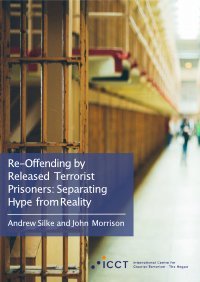Mirko Bagaric Julie Clarke
Torture: When the unthinkable is morally permissible delves into the complex and controversial topic of using torture as a means of extracting information or achieving certain objectives. This thought-provoking book challenges readers to confront ethical dilemmas and consider whether there are situations in which extreme measures can be justified. Through careful analysis and compelling case studies, the author navigates the murky waters of morality, legality, and the human psyche, shining a light on a subject that forces us to question our deepest convictions. Join the conversation on this contentious issue and explore the boundaries of ethical behavior in the pursuit of justice and security.
Albany. NY. SUNY Press. 2007. 122p.



